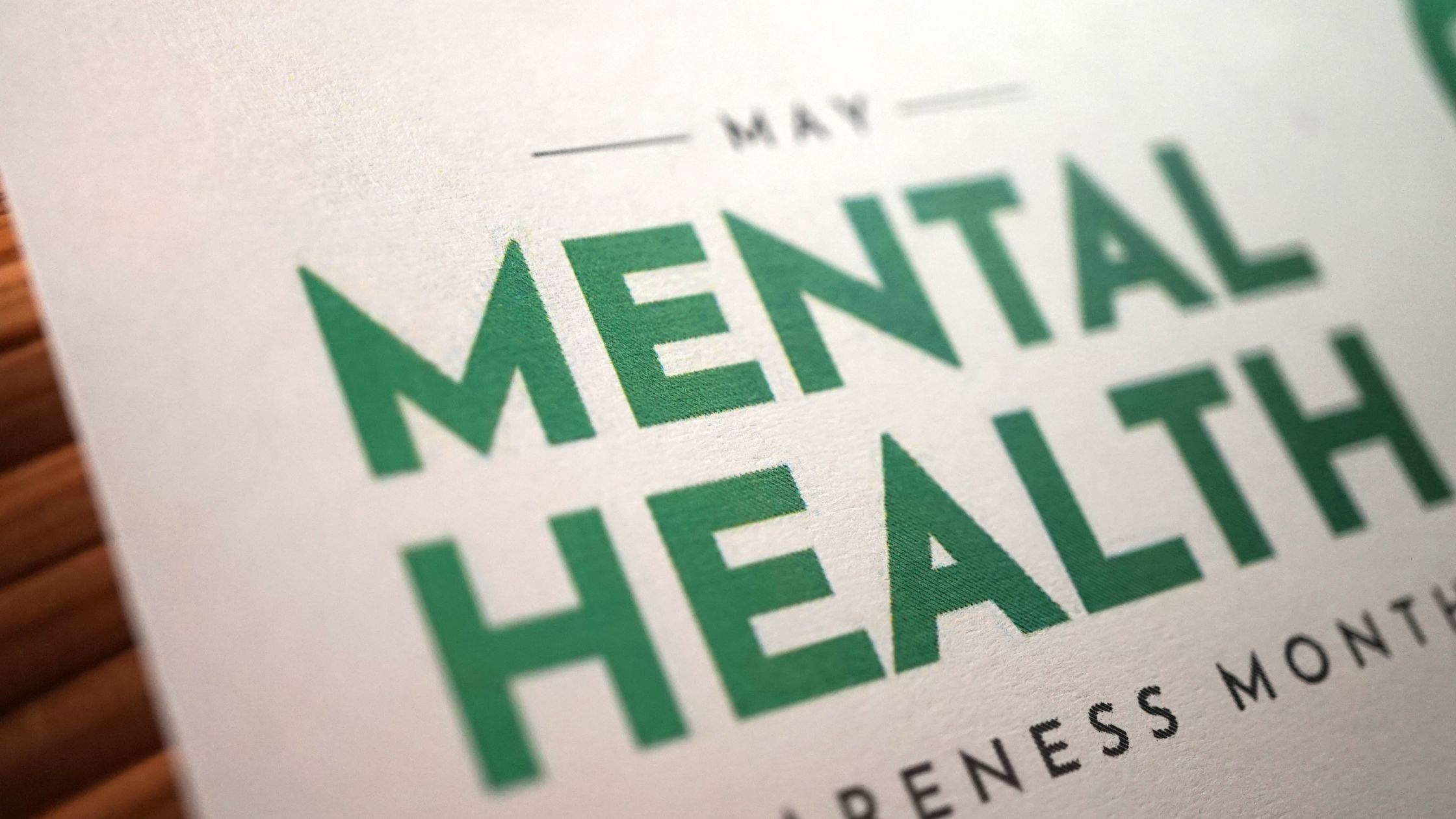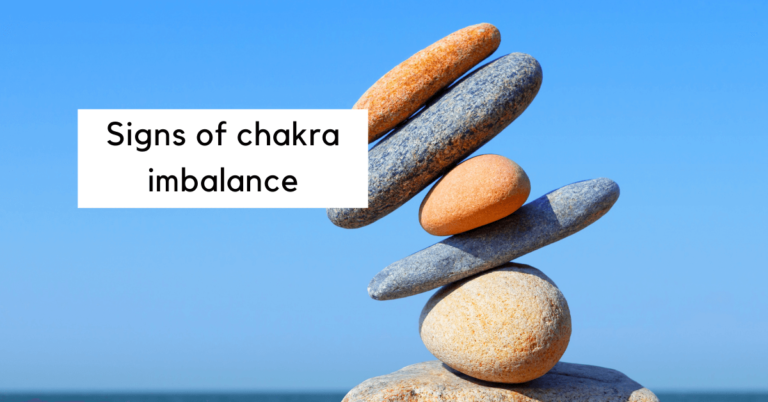Holistic Health vs. Western Medicine
Holistic health combines Western medicine with more Eastern or Chinese medicine to heal the whole person. Holistic medicine can be practiced in a few different ways, and each practitioner you come across may have a slightly different alternative medicine method.
As part of this practice, it is expected that both your mental and physical health are addressed and taken care of by addressing physical symptoms, using herbal medicine to help with pain management and chronic pain, and using spiritual counseling to help improve your mental well-being and mental clarity.
How is it different?
The approach to health differs from the holistic care approach compared to the standard treatments in Western culture.
This is especially true of mental and emotional healing – with the ancient approach, there is more energy and spirit emphasis on treating anxiety, and stress, making healthy changes, and even starting therapy. When you compare this to Western medicine, it is often required to schedule a physical appointment with your doctor, they may do some tests to determine what is affecting you, and a treatment plan is laid out from there, which most often includes medication.
Overall, the treatment and approach with holistic health are treating the whole person’s mind, body, and spirit using meditation, therapy, acupuncture, positive relationships with food, self-care, massage therapy, and other aspects of traditional Chinese medicine to improve wellness.
Overall Health

You’re at your optimal health when you feel the most like yourself. Whether that means finally experiencing stress relief, less anxiety, more spiritual awareness, fewer symptoms of illness, disease, or chronic pain, and overall a more healthy lifestyle.
There are many aspects to your overall health, and your cognitive health is one aspect that can significantly benefit from holistic care.
This practice focuses a lot on the energy that surrounds you and your environment, which affects not only the health of your mind but your physical health as well. They are interdependent parts of your overall health.
Physical Health

One may look at the holistic approach and alternative medicine approach as simply ancient healing traditions – but in truth, the practices allow for a deeper understanding of your health and allows you to work on healing your “whole person” or mind, body, and spirit.
Using acupuncture, meditation, yoga, pilates, and other holistic health practices, you can channel ways to improve muscle pain, nerve pain, blood pressure, weight gain, and chronic conditions that otherwise may have been hard to alleviate.
Physical symptoms are just as quickly able to be targeted, and the root cause of the individual symptoms is located using these healing practices of the mind. When you compare this to conventional Western medicine, you find that physical and cognitive symptom are treated very differently and separately. Typical doctor’s offices don’t treat cognitive symptoms but often refer you to a psychologist or psychiatrist. The goal of holistic health is to try to target ailments of the whole body with simple practices embedded into your everyday routine.
While a traditional doctor can assess their patient’s symptoms and body as a whole, the treatment plan does not address the spiritual principles that can help with pain and illness as holistic health considers.
Mental Health

Cognitive health and all that comes with it is approached in a vastly different light than Western medicine – even though we’ve come a long way, there is still more of a stigma surrounding prioritizing a healthy mind and its treatment compared to the view of holistic health.
Using a holistic approach, practices such as meditation, yoga, crystal healing, dietary changes, acupuncture, and healing the body through stress and pain management are the first approach to healing.
Typically, the first approach of Western medicine as it relates to this is prescription medication and therapy. They are vastly different approaches but can be beneficial based on each person’s symptoms and physical body.
Environmental Factors

Environmental factors are a huge part in both holistic and traditional medicine approaches. Disease and illness are often attributed to various life factors. A great example of this is diet and how it is affected by your location. Different environments provide different standards of food quality and cultural significance.
The climate can be a contributor as well – when you reside in environments and locations that tend to keep you inside more often than not, seasonal depression can become a large part of the health of your body and mind. This is also true of conventional medicine, but it is less considered. When you go to the doctor, they will often ask you if you feel safe at home, but they don’t ask questions to get a feel for the complete environment you live or work in to see how that may affect your body.
How this is approached and treated can vary based on whether you gravitate toward holistic health or more traditional medical treatments.
Lifestyle Changes

Lifestyle changes may come when we least expect it or when one needs to change to improve health or the environment. There are many ways to do this, including dietary changes or incorporating mind and meditative practices into your routine.
No matter your approach to your health and well-being, there will be necessary life changes that will take a while to adjust to. With holistic health, it is known to be more forgiving and more of a gradual process. Typically in conventional medicine, routine tests, medication trials, etc., can take a toll on your body.
The lifestyle changes you make in your holistic health or conventional medicine journey are unique to you and important in successfully incorporating these practices into your routine.
Reduce Stress

Reducing stress is everyone’s goal – life sometimes takes over and becomes overwhelming. Holistic health and conventional medicine aim to help reduce anxiety but take different viewpoints on how to do that.
One practicing the holistic health path may find it helpful to meditate, practice yoga, and engage in regular therapy sessions to help reduce stress. Comparatively, another may find that addressing the physical body by eating a better diet, working out, and taking multivitamins would be most beneficial.
Of course, stress is incredibly unique to each patient, and how doctors handle this can also be unique. The critical aspect to remember is that life encompasses physical, emotional, and mental wellness, and addressing all these things is essential. Stress is often looked down upon within the conventional medicine field – it is suggested that dietary changes are made, and an exercise routine is put in place, but that is about the limit traditional medicine provides for stress symptoms. Holistic health truly focuses on the root cause of stress and how that stress affects the rest of your body and mind.
Researching holistic health and conventional medicinal ways to reduce anxiety and stress can help you make an informed decision and possibly combine approaches to ensure your choice aligns with yours.
What is the meaning of holistic wellness?

Holistic health aims to address physical, mental, social, and spiritual components of your well-being at the same time. When contrasted with traditional medicine, each one of these aspects is handled separately, and often, spiritual wellness is not included in conventional medicine.
This is accomplished using various methods and practices to address issues of the whole body at once. An example might be meditation, acupuncture, and yoga for mental and spiritual clarity, muscle pain management, and physical exercise.
This is unique in that conventional medicine would involve getting in touch with several specialists to address each issue of mind and body and getting help outside of the standard medical field for spiritual needs.
The ultimate goal of holistic health is to address mind, body, and soul issues simultaneously. With conventional medicine, you often see a disconnect in communication between cognitive and medical professionals. They are treated as separate entities, often leading to mistreatment or illnesses and diseases undiagnosed throughout a patient’s life.
Final Thoughts

Each person is unique, each patient’s treatment journey will be different, and it’s essential to consult your doctors before making any health judgment calls.
The holistic approach to wellness can be incredibly beneficial and has a variety of solutions available for various illnesses, diseases, and everyday stress – but consulting your primary doctor is essential.
Conventional medicine and holistic health are vastly different, and each person may find specific aspects more helpful than others – and of course, you can combine the two, as they are not mutually exclusive.
Conventional medicine can still handle physical health, whereas holistic health treatments can address emotional and spiritual wellness.







